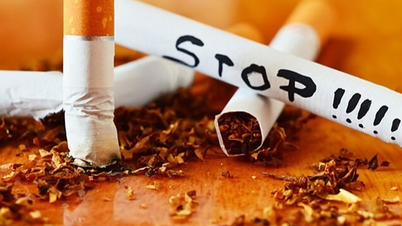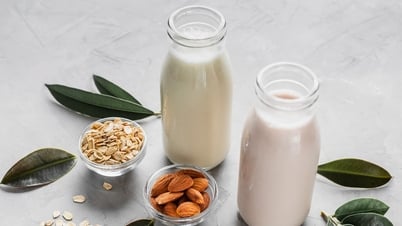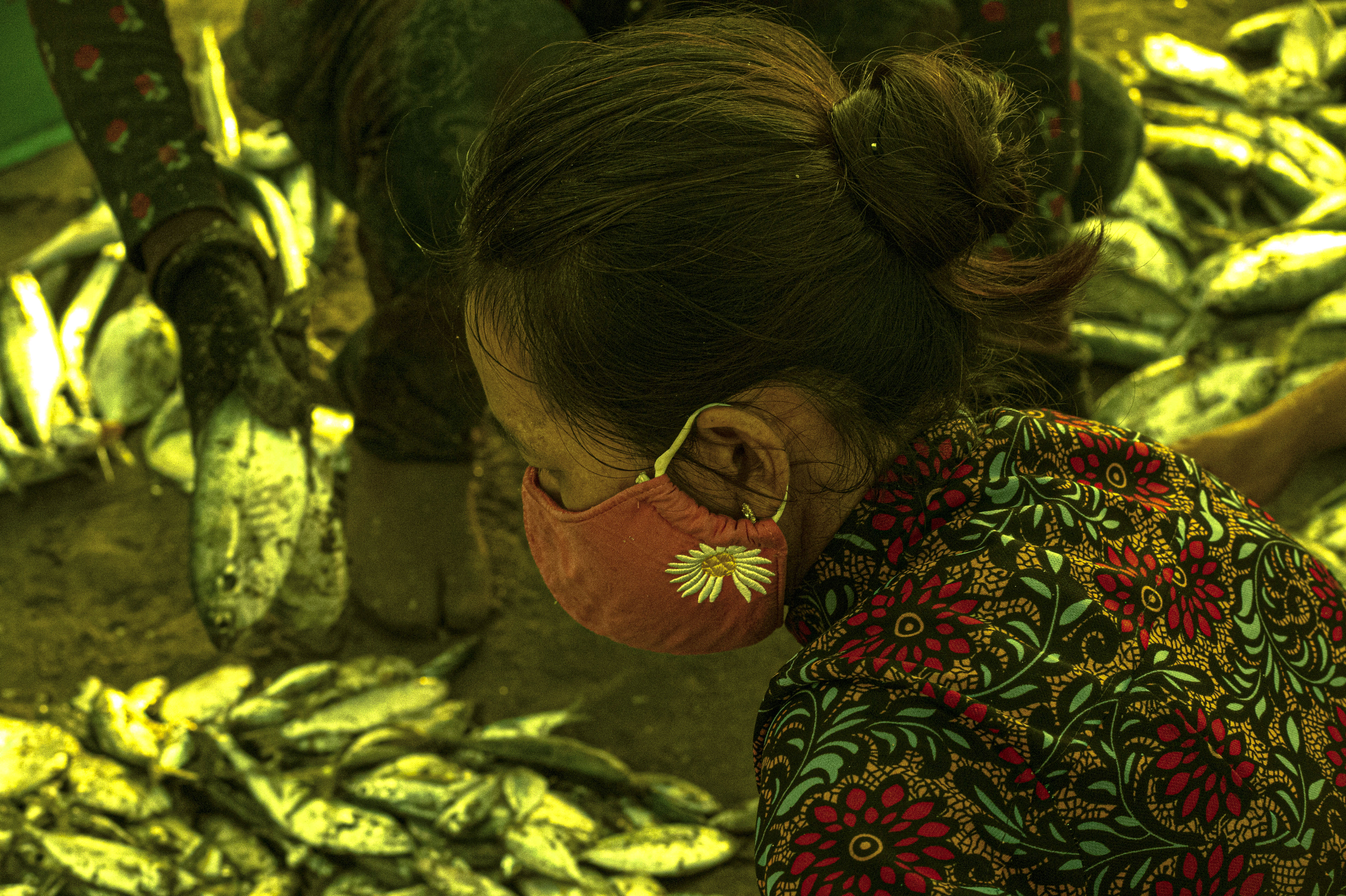Some cases of depression can go away on their own after a certain period of time or thanks to changes in lifestyle and diet.
Many people say that “time heals all wounds,” but that’s not entirely true when it comes to depression. Getting over depression depends on the type, duration, and severity, among other factors.
Type of depression
According to the National Institute of Mental Health, some types of depression tend to last longer than others. For example, seasonal affective disorder (SAD) typically occurs only during the winter months, subsiding in the spring. In contrast, persistent depressive disorder (PDD) lasts for two years or more.
Potential causes
The cause of depression also affects how long it lasts. Depression caused by a specific situation or temporary stressor will usually go away when the situation ends.
Certain health conditions can cause or worsen depression. For example, women with premenstrual syndrome or who have recently given birth.

Some cases of depression can resolve on their own over time, but most require professional advice. Illustration: Indoindians
Severity
Mild depression sometimes goes away on its own without treatment. Moderate or severe depression usually requires medical attention. Treatments include medication, psychotherapy, or a combination of both. Complementary therapies such as herbal medicine, acupuncture, exercise, meditation, and massage may also help.
Signs of depression
Clinical depressive disorder (MDD) is the most common form and can come and go throughout a person's life. Symptoms lasting 2 weeks or more:
- Depressed mood
- Loss of interest in activities you once enjoyed
- Significant changes in weight or appetite
- Sleep problems
- Feeling tired or exhausted
- Increased feeling of restlessness
- Difficulty thinking, concentrating, or making decisions.
According to the Anxiety and Depression Association of America, if the above symptoms last for more than 2 years, the patient may have persistent depressive disorder (PDD).
Mild depression or situational depression may resolve spontaneously in some cases, but clinical and persistent depression requires and responds to treatment.
Many people with clinical depression resist getting psychological help, hoping that the condition will go away on its own. However, research shows that proper diagnosis and treatment can help, especially when treatment is started early and includes both psychotherapy and medication. According to the American Psychiatric Association, 80–90% of people who receive treatment see improvement.
How to improve your mood without medication
For many people with depression, a prescription medication can be a lifesaver. But, according to Very Well Mind , there are also some natural remedies you can try:
Get more sleep: Maintain a consistent bedtime and wake-up time, a quiet, uncluttered bedroom, and a relaxing bedtime routine (no screens, no phones). Spend time outside every day, even if you just want to stay home.
Cut back on caffeine: Coffee, tea, soda, and chocolate all contain caffeine. You can consume a moderate amount of caffeine in the morning, but avoid it in the late afternoon so it doesn’t interfere with your sleep.
Take vitamin D supplements: Some evidence suggests that vitamin D deficiency plays a role in depression. If you don’t get enough vitamin D through diet and lifestyle (like sun exposure), ask your doctor if you should try taking a supplement.
Meditation: According to JAMA , studies show that practicing mindfulness meditation can also be effective in treating depression.
Exercise more: Aim for half an hour or so of low-intensity exercise each day, preferably outdoors. Fresh air and sunlight have a healing effect on people with seasonal affective disorder.
Avoid alcohol: Alcohol can interfere with sleep, and quality sleep is key to combating sadness. While alcohol may seem like a quick way to escape how you’re feeling, it can actually make many symptoms of depression worse.
Eat foods that improve your mood: Eat a balanced, nutrient-rich diet. Some foods that are particularly beneficial when you are depressed include fish, nuts, yogurt, kimchi, kombucha, etc.
In addition, you can add green plants in the house, actively participate in social activities, learn new things.
Source: https://giadinh.suckhoedoisong.vn/nguoi-tram-cam-co-tu-khoi-duoc-khong-172241212100725492.htm



































































































Comment (0)